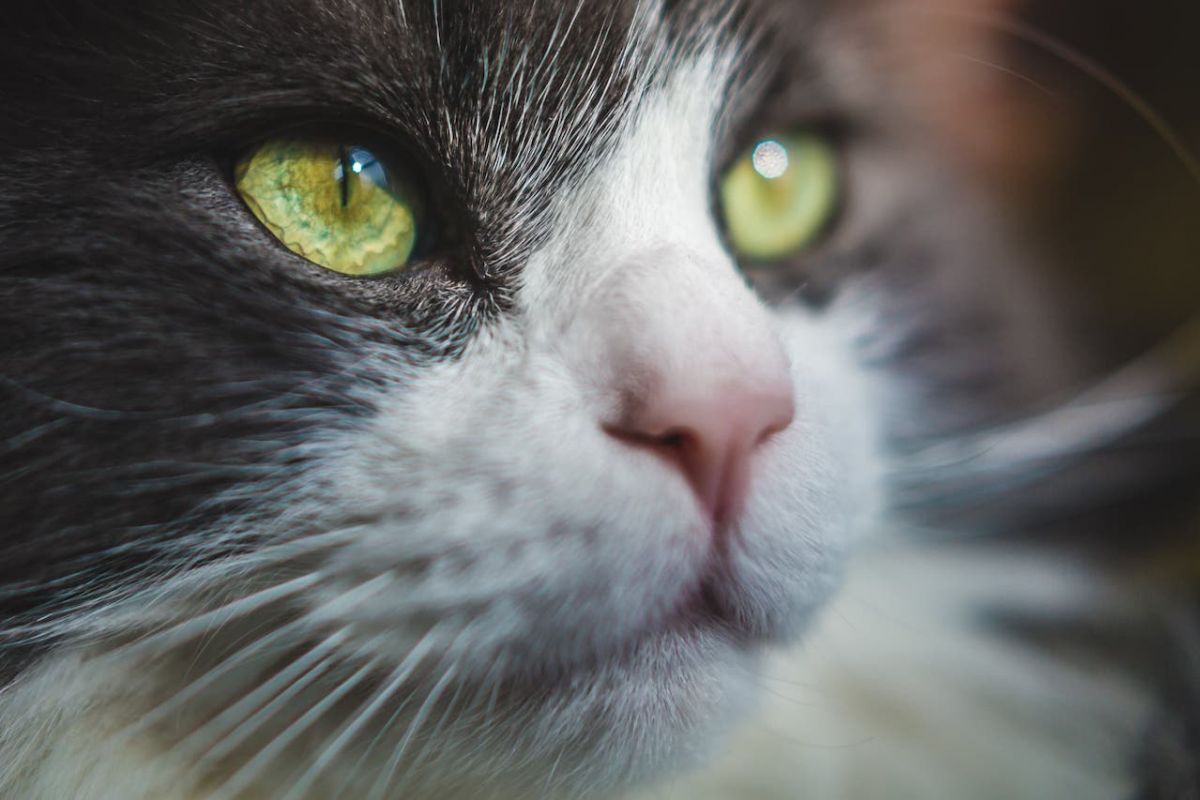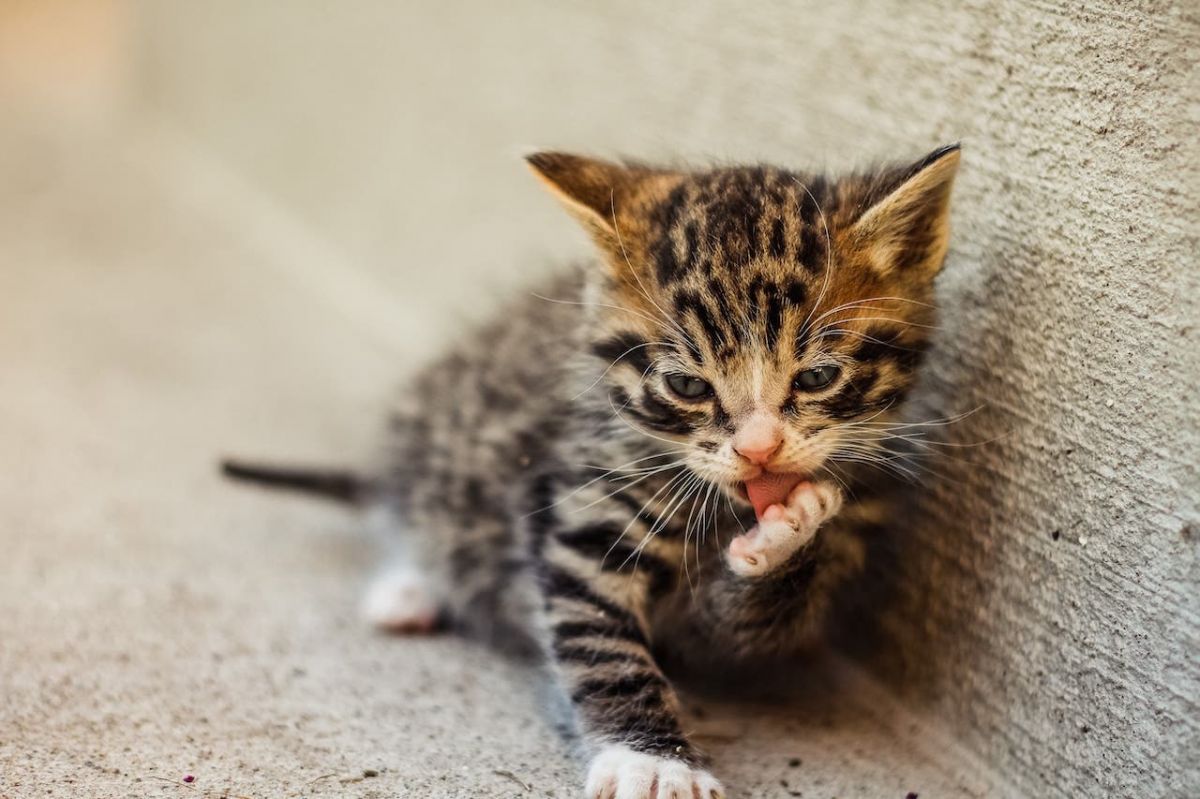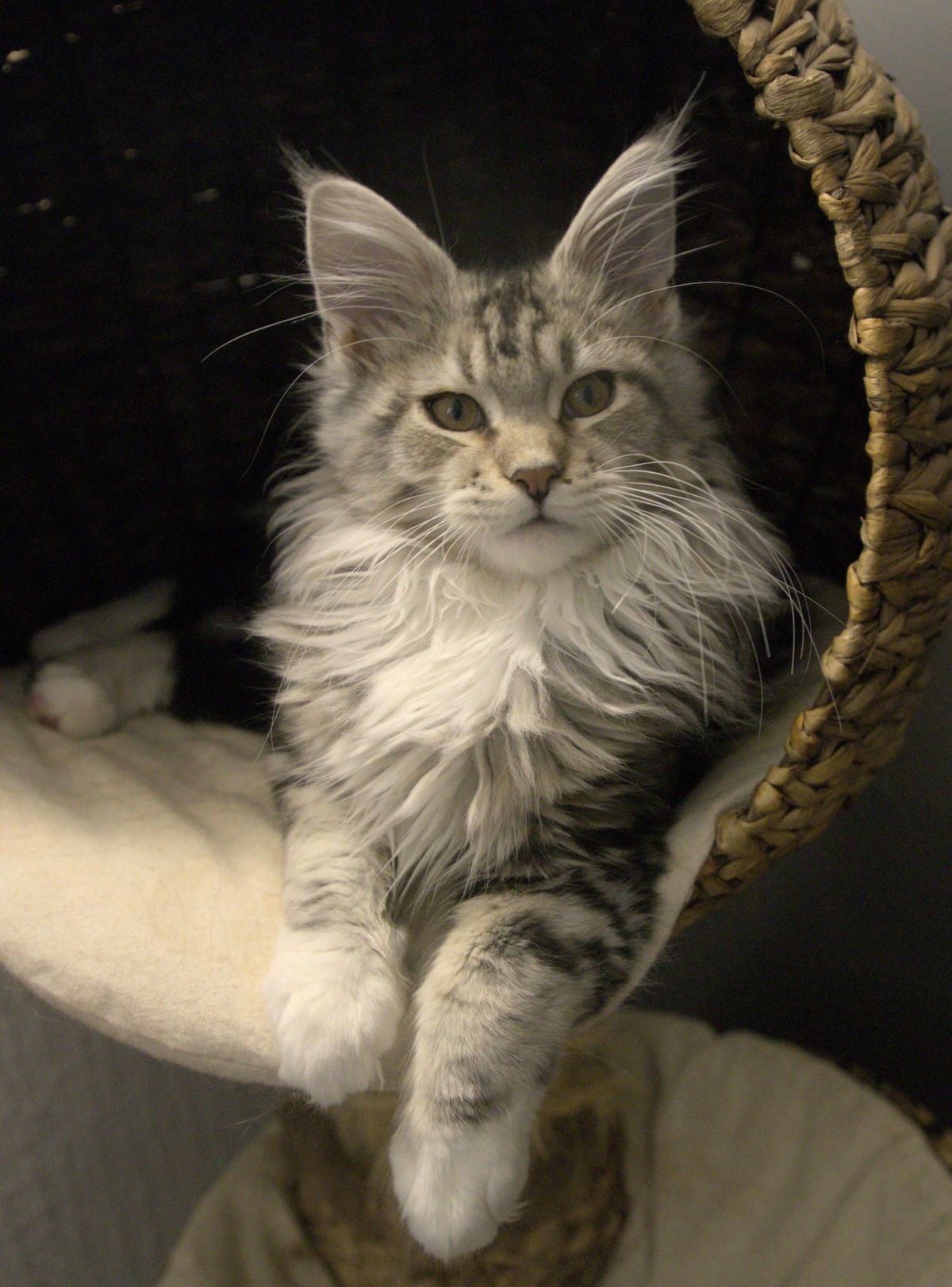The Netherlands Plans to Ban Designer Breeds
 July 20, 2023
July 20, 2023
In recent years, there has been a growing interest in the breeding and sale of designer breeds in the Netherlands. These breeds, usually obtained by the mating of two purebred breeds, are favored because of their unique appearance and desirable traits they are believed to possess. However, the Dutch government is currently considering banning the breeding and sale of these breeds due to concerns about the animals' welfare and potential health problems.
Design breed dogs, also known as crossbreeds or mixed breeds, are created by the mating of two different purebred breeds. For example, a popular design breed dog is a mix of a Labrador and a poodle, known as a Labrador. Proponents argue that design breed dogs combine the best characteristics of both parental breeds, such as intelligence, a non-allergic coat, or a friendly temperament. However, critics argue that these claims are often exaggerated and that breeding practices can lead to health problems in these animals.
One of the main issues facing design breed dogs is the potential for genetic health issues. When two different breeds mate, it can result in a mix of a range of genetic traits that may not necessarily be compatible. This can lead to an increased risk of these dogs developing genetic or medical conditions, such as hip dysplasia, eye disease, or heart problems. In addition, the demand for these breeds has also led to irresponsible breeding practices, with some breeders putting profits ahead of the health and welfare of the animals.
The ban proposed by the Dutch government aims to address these issues and protect the welfare of animals. By banning the breeding and sale of designer breeds, they hope to discourage irresponsible breeding practices and promote the adoption of healthier mixes from shelters or reputable breeders. This initiative is in line with the Netherlands' commitment to animal welfare and responsible pet ownership.

However, it is important to note that not all design breeds are necessarily unhealthy or poorly bred. There are some responsible breeders who put the health and welfare of their animals first, conducting proper health screenings and genetic testing. These breeders are dedicated to breeding healthy and well-adjusted dogs with desirable characteristics. When evaluating design breed dogs, it is crucial to distinguish between responsible breeders and those who put profit above animal welfare.
Overall, the Dutch plan to ban designer breeds is a response to growing concerns about the welfare and health issues associated with these breeds. While it's important to address these issues, it's equally important to recognize responsible breeders who put the welfare of their animals first. Ultimately, the focus should be on promoting responsible pet ownership and ensuring the welfare of all dogs, regardless of breed or pedigree.

An Authoritative Glimpse into the World’s Top Ten Most Popular Categories of Pets


Why Do Cats Squirm Before Pouncing


True Heartwarming Stories: The Unbreakable Bond Between Animals and Humans


Pets’ Interesting News and Anecdotes


Owning a Pet May Help Maintain Mental Health When We’re Over 65


Pet IQ Test: Explore Your Pet's Intelligence and Potential


Pet Insurance: A Must for Comprehensive Pet Protection


Instruction to PetSmart


How to Train a Golden Retriever


How to Run a Successful Pet Boarding Service


How Can I Find a Veterinarian Near Me


Is the Ragdoll Cat Easy to Raise


What Do Maine Coon Cats Like to Eat


Chinese Crested Dog Wins Champion Title at 2023 Ugliest Dog Contest in California


Some New Laws About Pets


Why Do Cats Like to Sit in Squares So Much?















